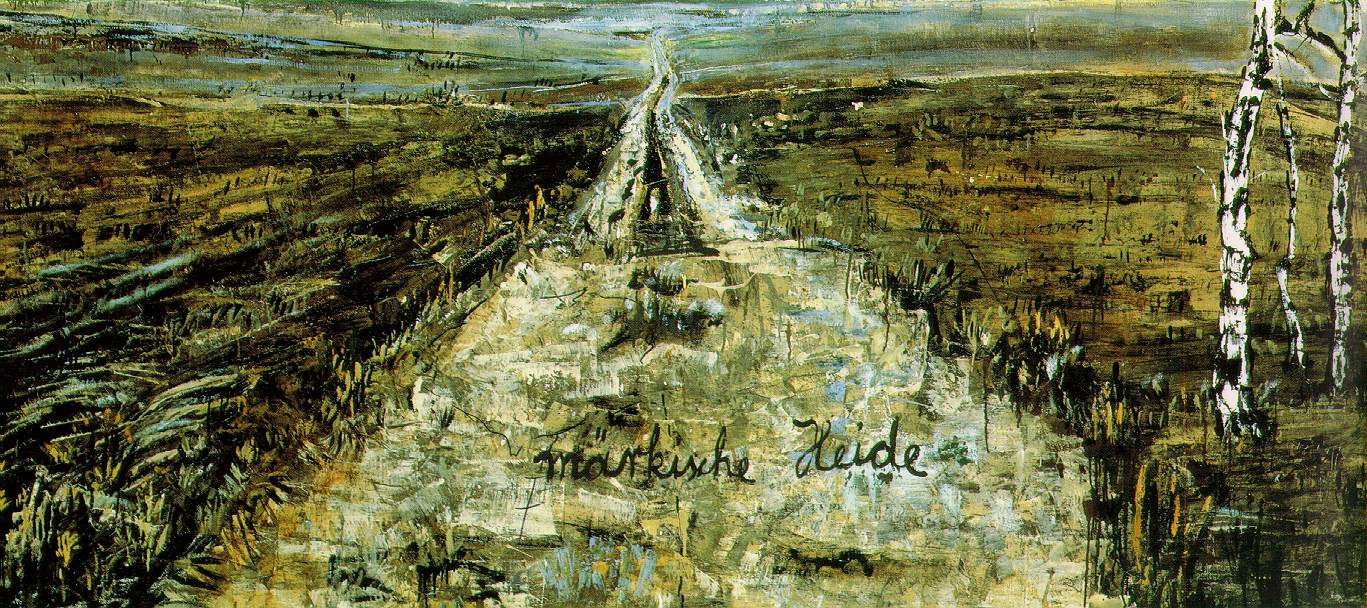He was no longer a client, he was the lawyers dog. If the lawyer had ordered him to crawl under the bed, as into a kennel, and bark, he would have done so gladly. (pg. 195 the Trail by Kafka Franz)
I think that he acts this way for many different reasons other than he does not want to upset his lawyer. I think he acts like a dog because he wants to please his lawyer so that he will keep on using his contacts to help Block out. Also Block is acting like this because he knows that it is illegal to have more than just one lawyer which Block has more than just one and he does not want to get into more when his trail is moving on slowly which if he did get into trouble again it could speed up his trail and instead of having a favorable outcome it could change for the worse. The irony of Block acting like a dog is that his lawyer is no stupid man and is already aware that he has more than just one lawyer.





